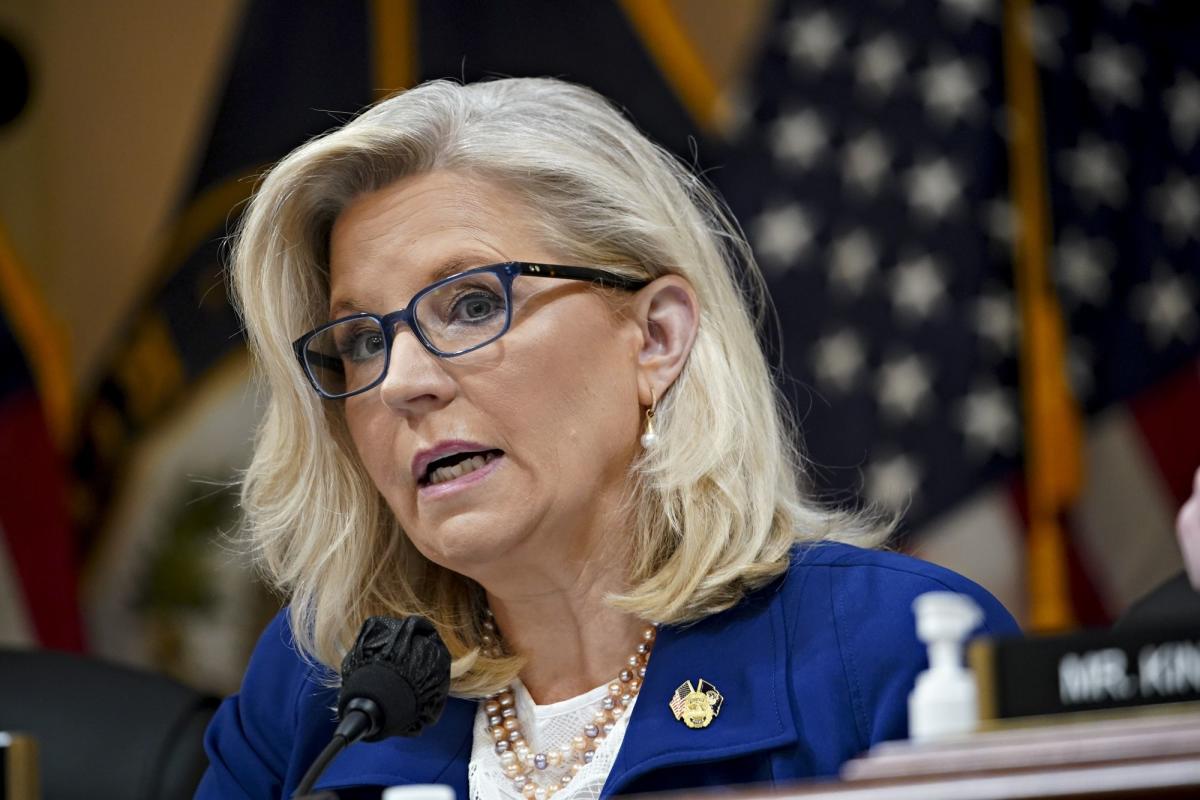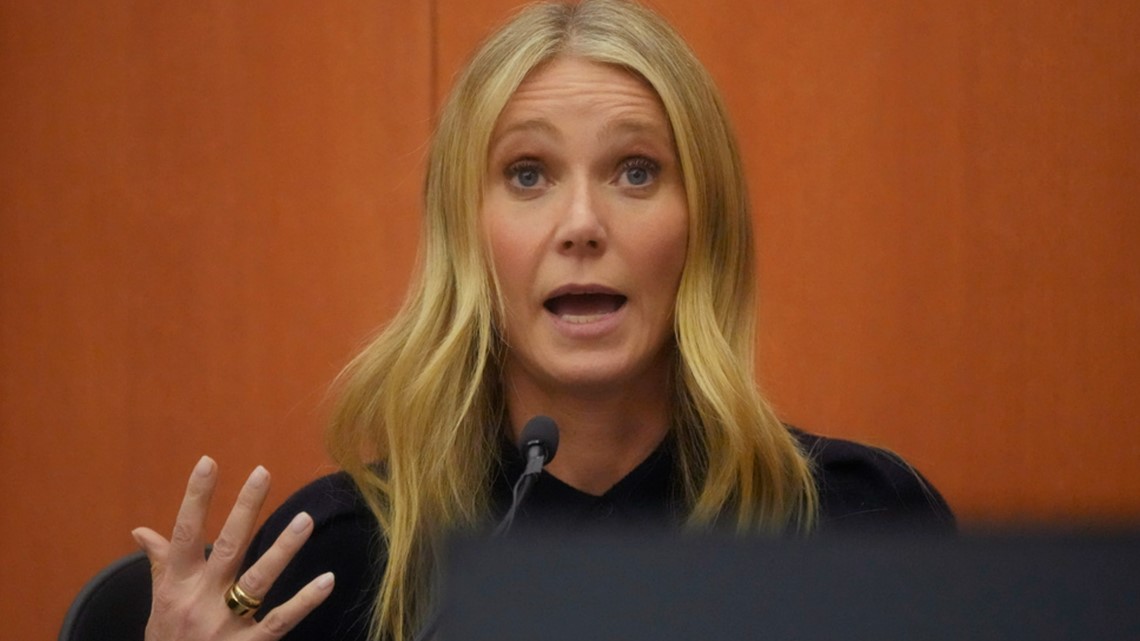It ain’t over ’til it’s over, and that’s true in court as well as sports. The Biden Administration was set to begin forgiving student loans as soon as this weekend after a federal judge on Thursday dismissed a legal challenge by several states. But the Eighth Circuit Court of Appeals late Friday issued a stay while it considers the states’ appeal.
The half-a-trillion dollar question before the Eighth Circuit is whether the states have demonstrated a concrete and particular injury that gives them standing to sue. Federal judge
Henry Edward Autrey,
a
George W. Bush
appointee, ruled they did not, but the states’ arguments deserve more consideration than his 19-page opinion provides.
Missouri argues that the loan forgiveness will lose revenue for its student-loan servicer, Higher Education Loan Authority of the State of Missouri (Mohela). State lawmakers established Mohela in 1981 to provide financial aid to Missouri students. State law deems Mohela “a public instrumentality” that performs “an essential public function.”
But Judge Autrey held that Missouri lacks standing since “the legislature intended to create a self-sustaining and financially independent agency.” If the Biden loan write-off costs Mohela, the judge wrote, the state of Missouri wouldn’t be harmed.
That’s debatable. Lawmakers often establish public agencies that are nominally independent but exercise sovereign government power and enjoy implicit taxpayer backing. Public pension funds and the U.S. Postal Service are examples.
Federal courts also sometimes grant states legal standing to vindicate their sovereign interests. See the state challenge to the Trump rescission of the Deferred Action for Childhood Arrivals program. Missouri plausibly argues that if Mohela loses revenue, its students will get less financial aid. The judge brushed aside this sovereign interest.
Nebraska and Arkansas separately argued that they would be injured because their state agencies are invested in privately originated Federal Family Education Loans (FFEL). The Administration made only Direct Loans eligible for forgiveness. The states say this has encouraged FFEL borrowers to consolidate into Direct Loans and cost the state agencies income.
But on Sept. 29, the same day the GOP states sued, the Administration brazenly tried to moot the case by excluding future consolidated FFEL loans from cancellation. Judge Autrey indulged the Administration’s gamesmanship. “The lack of the ongoing incentive to consolidate defeats the claims of Arkansas and Nebraska,” he opined.
Not so fast. The Supreme Court has frowned on government defendants that cynically try to moot cases. That’s what the Biden Administration tried in West Virginia v. EPA when it claimed to be revising the Obama Clean Power Plan. Ergo, it argued, West Virginia and other plaintiffs lacked standing.
The High Court rolled its eyes. “‘Voluntary cessation does not moot a case’ unless it is ‘absolutely clear that the allegedly wrongful behavior could not reasonably be expected to recur,’” the Court wrote, citing a precedent, adding that the Biden Administration “‘nowhere suggests that if this litigation is resolved in its favor it will not’” reimpose similar regulation.
The same goes for President Biden’s loan forgiveness. The Education Department’s Sept. 29 announcement even stressed that it “is assessing whether there are alternative pathways to provide relief” to borrowers with FFEL loans. If the state lawsuit is tossed, Mr. Biden might later discharge consolidated FFEL loans again.
The standard for injunctive relief requires plaintiffs to show they are likely to suffer irreparable harm and succeed on the merits. Judge Autrey didn’t address either, but the GOP states make a strong case for both. It’s irrefutable that Congress didn’t give the President authority to discharge hundreds of billions of dollars in student debt.
***
Mr. Biden on Friday took a victory lap, claiming falsely that Judge Autrey and the Supreme Court said “‘we’re on Biden’s side.’” He was alluding to Justice
Amy Coney Barrett’s
rejection on Thursday of an emergency request for injunctive relief by Wisconsin’s Brown County Taxpayers Association.
Justice Barrett didn’t explain her reasoning, but general burdens on taxpayers aren’t considered to be a particular or concrete injury. It’s ironic, to say the least, that Mr. Biden is claiming that Republican-appointed judges are on his side. Days earlier he denounced the High Court as a conservative “advocacy group.” But he shouldn’t claim victory too soon because the Eighth Circuit will still get a say.
Copyright ©2022 Dow Jones & Company, Inc. All Rights Reserved. 87990cbe856818d5eddac44c7b1cdeb8















